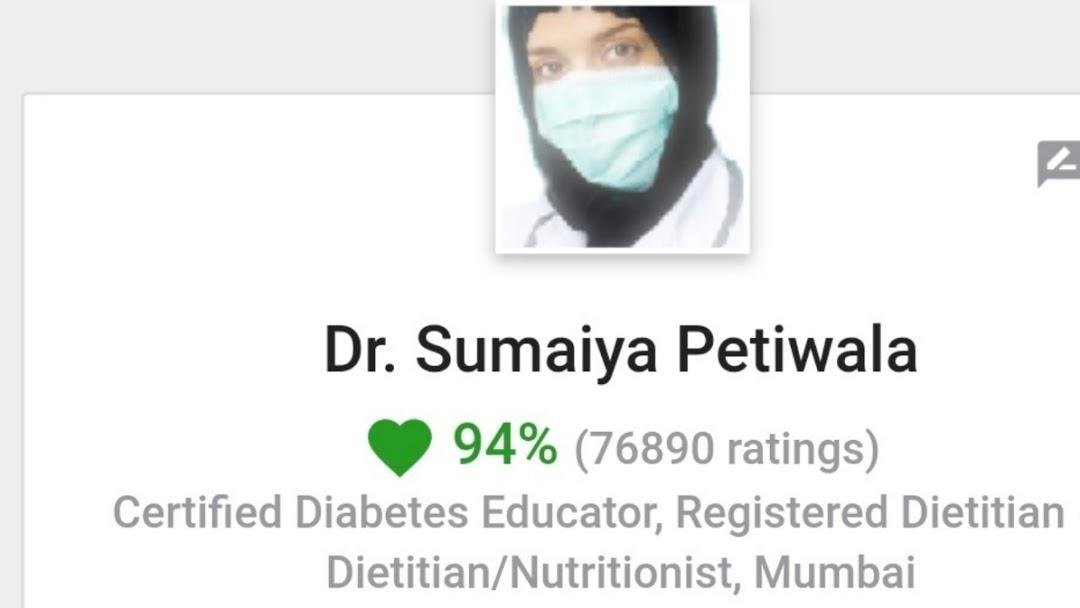Many people consider taking dietary supplements for various reasons, from boosting nutrient intake to improving overall health. But are they always necessary, or even safe? This post explores the potential downsides of supplements and highlights why a food-first approach, guided by a registered dietitian, is often the best path to optimal health.
Understanding the Potential Risks of Supplements
- Side Effects: Supplements, even those marketed as “natural,” can have side effects. These can range from mild (e.g., digestive upset) to severe, depending on the supplement and individual factors.
- Adverse Reactions: Supplements can interact negatively with other herbs, medications, or even certain foods you consume. These interactions can be unpredictable and potentially dangerous.
- Quality Control Issues: The supplement industry isn’t as tightly regulated as pharmaceuticals. This means that the dosage and purity of ingredients in some supplements can vary significantly, making it difficult to know exactly what you’re taking. According to the FDA, many supplements contain ingredients that are not listed on the label, or are present in different amounts.
- Unnecessary Intake: A balanced diet often provides all the nutrients you need. Taking supplements without a confirmed deficiency can be unnecessary and may not provide any additional health benefits.
- “Natural” Doesn’t Guarantee Safety: The term “natural” is often used as a marketing tactic. Many natural substances can be harmful or toxic, and the safety of a supplement should never be assumed based solely on this label.
- Not a Substitute for Medical Care: While some supplements contain compounds with medicinal properties, they are not a replacement for proper medical care. Managing chronic conditions requires a personalized approach, often involving lifestyle changes and medication, under the guidance of a healthcare professional.
- Cost-Effective Alternatives: Often, a healthier, more affordable, and safer way to achieve your health goals is through dietary changes and lifestyle modifications.
The Importance of a Food-First Approach
As a registered dietitian and doctor, I advocate for a food-first approach to nutrition. A well-balanced diet, rich in fruits, vegetables, whole grains, lean protein, and healthy fats, provides a wide array of vitamins, minerals, antioxidants, and fiber that work synergistically to support optimal health. Supplements should ideally be used to address specific deficiencies identified through blood tests and under the guidance of a healthcare professional.

Why Choose a Registered Dietitian?
Registered dietitians (RDs) are qualified nutrition experts who can help you create a personalized dietary plan tailored to your individual needs, health status, and goals. We can help you:
- Identify and address any nutrient deficiencies through dietary changes.
- Develop a sustainable and enjoyable eating pattern.
- Manage chronic conditions through medical nutrition therapy.
- Navigate the confusing world of nutrition information and make informed choices.
- Determine if supplements are truly necessary and, if so, recommend safe and effective options.
Take Control of Your Health
Don’t rely on supplements as a quick fix. Invest in your long-term health by prioritizing a balanced diet and seeking guidance from a qualified nutrition professional. I can help you create a personalized plan to achieve your health goals without unnecessary risks.
For quick queries, you can also reach me via WhatsApp: 7208660987
References
- The Skeptics Dictionary: Vitamins and Supplements. http://skepdic.com/vitacon.html
- U.S. Food & Drug Administration. (n.d.). Dietary Supplements. https://www.fda.gov/food/dietary-supplements


